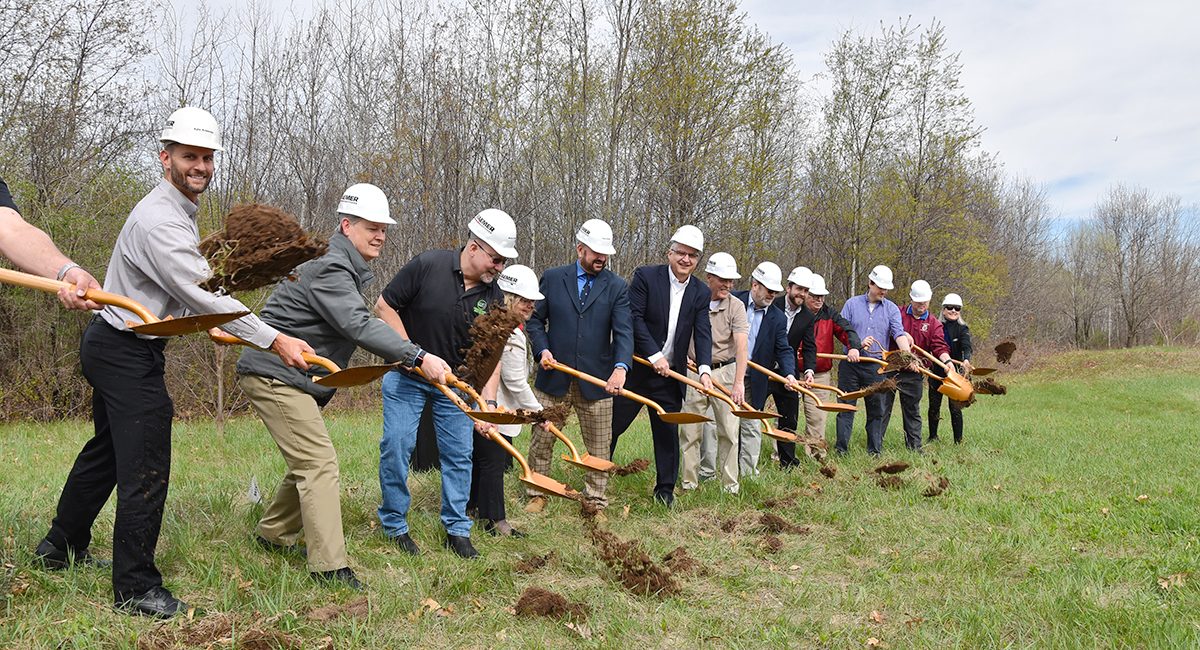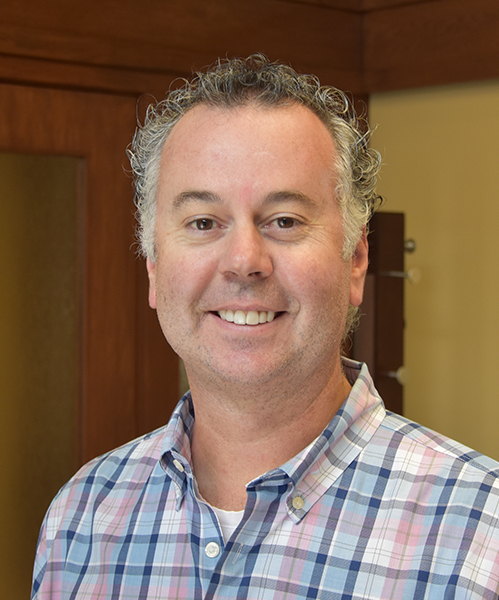Wisconsin Battery Company is breaking ground on a new battery factory in Portage. This 66,500 square foot manufacturing plant will include space dedicated to production, shipping/receiving, administration, and material storage. The lobby, cafeteria, locker room, and offices occupy the front of the facility, while the cathode, zinc, wastewater, fabrication, and coating rooms surround the open production area. Designed for expansion capability, future phases include a warehouse expansion at the rear of the building and additional buildings on site. The structural system of the facility will be comprised of structural steel to hold photovoltaic solar panels, which are planned to be installed in the future. Unique to this battery factory, the batteries produced will use hemp fiber. In general, the hemp’s woody pulp strands will become carbonized into thin nanosheets and combined with sodium ions. In everyday lithium batteries, lithium ions are conductive with graphite (a form of carbon). In this case, sodium ions will replace the lithium ions and the carbonized hemp will replace graphite. The advantages of hemp fiber and sodium-ion relates to higher energy density, lighter batteries, lower costs, and environmental friendliness. Wisconsin Battery Company will start with zinc-air hearing aid batteries and then focus on household batteries, rechargeable tool batteries, and eventually EV batteries.

